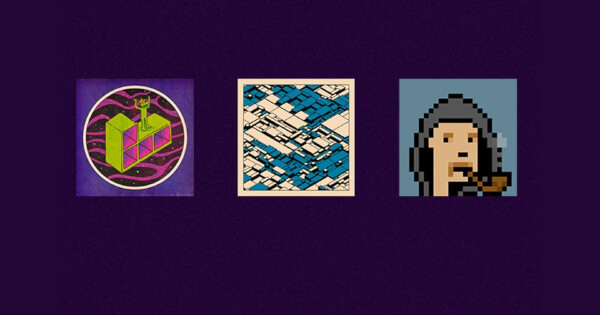Paradigm: Onchain Gaming's Transformative Potential in the Broader Landscape
Jessie A Ellis Aug 16, 2023 10:00
The gaming world is poised for change with blockchain's rise. Paradigm.xyz explores onchain gaming's vast potential and challenges in the broader landscape.

According to Paradigm,the gaming realm stands at the brink of a significant transformation, as the convergence of blockchain technology and gaming unveils numerous prospects and hurdles. A fresh piece from Paradigm.xyz offers an in-depth exploration of onchain gaming and its possible ripple effects throughout the gaming landscape.
The Inspiration Behind Onchain Games
The concept of integrating blockchain technology into gaming isn't new. Ethereum's creator, Vitalik Buterin, was inspired to create the platform after Blizzard made changes to his World of Warcraft class. The incident highlighted the vulnerabilities of centralized gaming platforms and the potential benefits of decentralized alternatives.
Why Onchain?
The primary question is: Why should games be on a blockchain? The article suggests two main reasons:
Composable Modding: Onchain games allow players to add modifications without fragmenting their state or seeking permission. This is in stark contrast to traditional games, which aren't structured to support such flexibility.
Permissionless Open Economies: Onchain games can leverage smart contracts to create intricate in-game economies. Players have full control over their assets, eliminating compliance issues associated with off-ramping assets or exchanging in-game goods for fiat currency.
Challenges Ahead
While the potential is vast, onchain games face significant hurdles:
Technical Constraints: Current blockchain infrastructure, especially the Ethereum Virtual Machine (EVM), is not optimized for complex game development. High costs and scalability issues further compound the problem. However, initiatives like Lattice and Dojo are working on game-specific infrastructure to address these challenges.
Game Design Limitations: Permissionless blockchains introduce challenges like incomplete information, automation & collusion, and asynchronous transaction-driven mechanics, which can hinder traditional game design.
Financialization Pressures: The inherently financial nature of blockchains can introduce unintended economic incentives that may distort gameplay. Designing games that can harness these pressures without being overwhelmed by them is a significant challenge.
The Future of Onchain Games
The article raises a thought-provoking question: Should games be fully onchain? While onchain games offer unique advantages, they might not be the optimal solution. Hybrid models, combining offchain game infrastructure with onchain assets and DeFi interoperability, might be more practical.
Conclusion
The world of onchain gaming is still in its infancy, filled with both promise and challenges. While the road ahead is uncertain, the exploration of this frontier could lead to innovations that reshape the gaming industry.
Image source: Shutterstock.jpg)